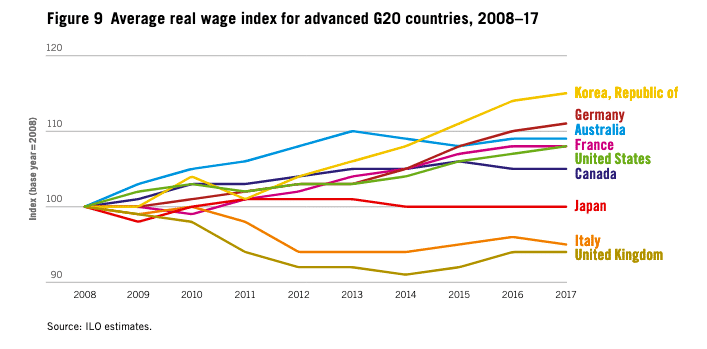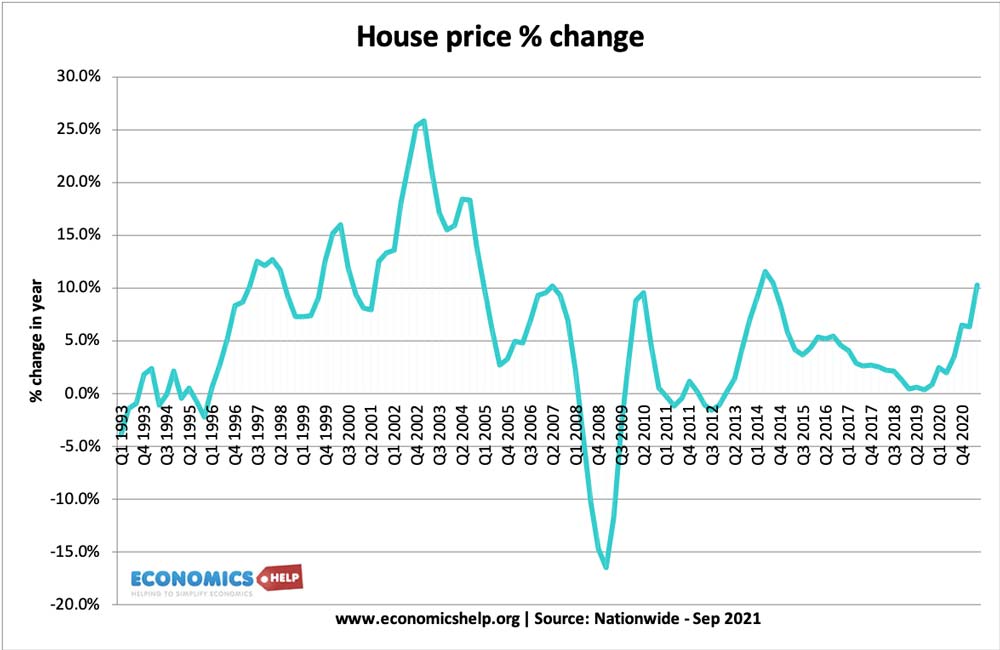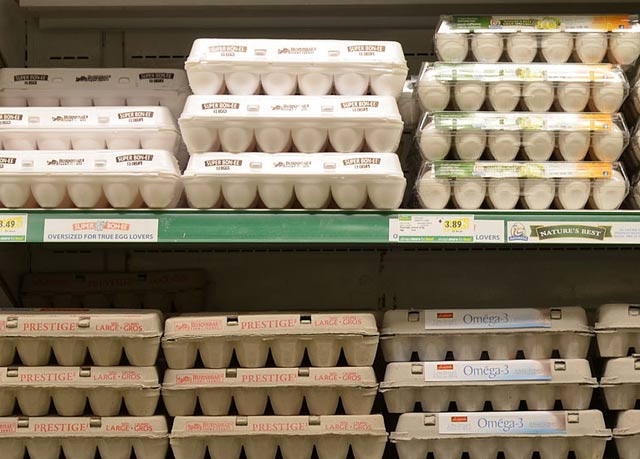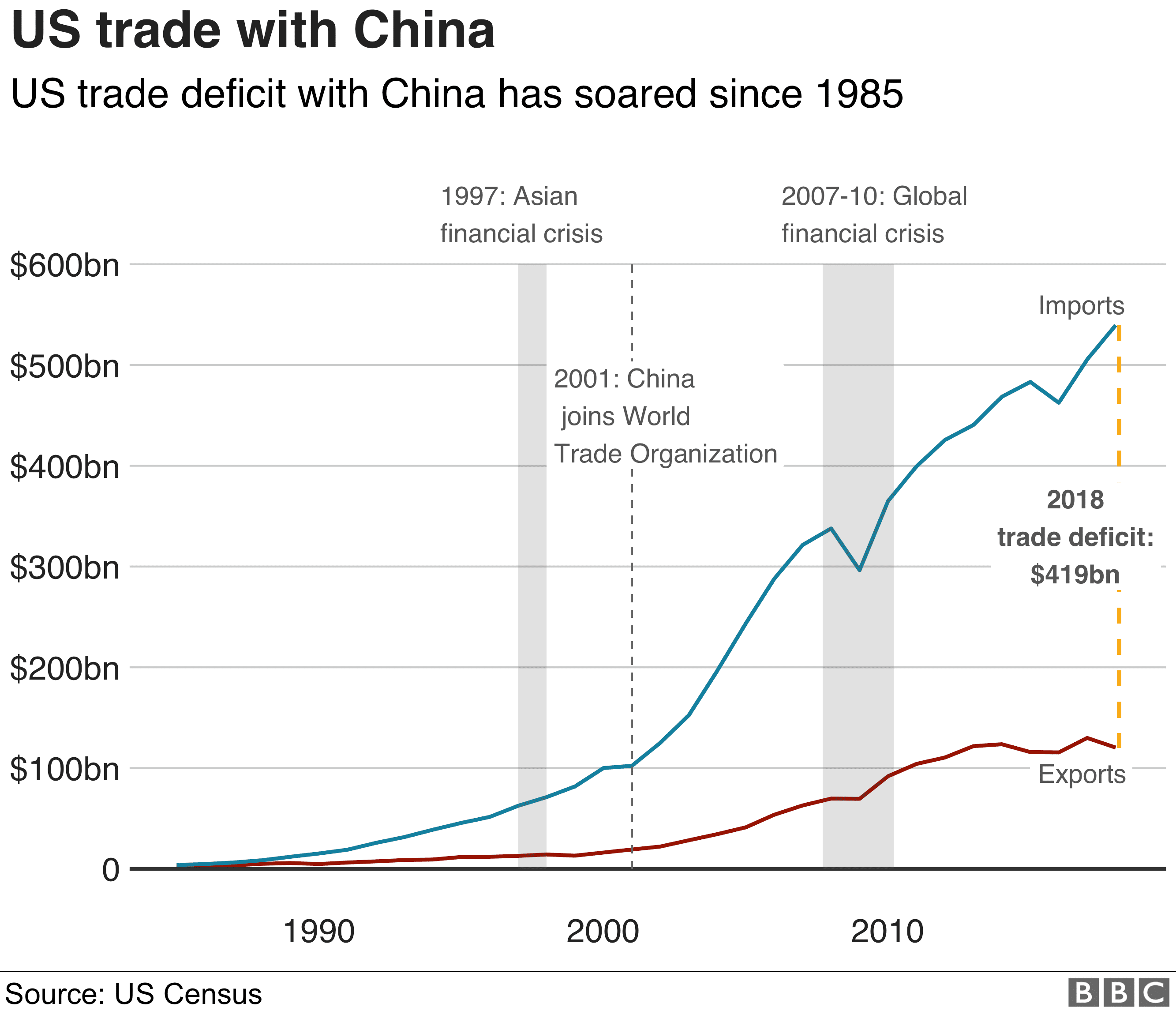Readers question: Why does Hollywood make so many superheroes movies nowadays? What can be the economics behind it?
I’m not really a movie goer. I think the last Superhero move I watched was the original Superman back in the days when Coal miners were still a political force and people used to rent videos to watch in VHS tape players.
One reason I don’t like the usual Hollywood movies is that they are so predictable, and frankly you can get soon bored of the same formula – good guy goes down on his luck, but when things look really bleak – Superman comes back from the brink, defeats the bad guy and everyone lives happily ever after.
So, if they are so depressingly predictable, why do so many super-hero style movies get made by Hollywood?
Risk vs solid reward
Making movies is a risky business. But, ultimately studios are interested in making a profit – not in producing artistic films which may appeal to hard bitten film critics. You have to put a lot of money in, and you need to guarantee that you get a good return. With superhero style movies, they have a strong track record of getting decent revenues. If Superman 1,2,3, and 4 all made a profit. Then you could make an approximation that Superman 5 has a good chance of making profit too.
Suppose some new film director came along with a risky plot – something very independent, different, ‘artistic’ and challenging. – It could be a great success, but equally it could be a flop. You could make slightly higher than usual profits, but equally you could make a loss. Given the choice between a risky new style film and a guaranteed ‘banker’ – there is a strong economic incentive for you to choose the ‘safe’ option of another superman hero movie.
A good example, is the TV series ‘Breaking bad’ – It is critically acclaimed as one of the most innovative and well produced TV series of all times. But, when the creator approached TV networks, no one wanted to touch it. TV producers couldn’t see any track record for successful / profitable TV based on a chemistry teacher cooking crystal meth. It was very successful in the end, but the success was unexpected. Generally, TV producers would rather commission something with a more certain audience (like minor celebrities eating worms in the jungle)
Advertising and brand loyalty
One difficulty with producing films is that you have to gain strong brand loyalty in a short space of time. If nobody has heard about the subject of the film, it will be harder to attract interest. The advantage of producing a superhero movie is that there is an instant brand loyalty and awareness of the superhero like Spiderman / Superman. By using well known comic characters, you have effectively got a lot of free advertising – from the long period of customer awareness of the superhero.
The most successful film franchise – James Bond has a huge advantage because the brand of the film series is so well known. You know a James Bond film may be quite predictable, but at least you know you are going to see some good action shots, fast cars, beautiful women and spectacular backdrops.
It is one reason why books are often made into films. Awareness of the books, helps with the advertising for the film.






